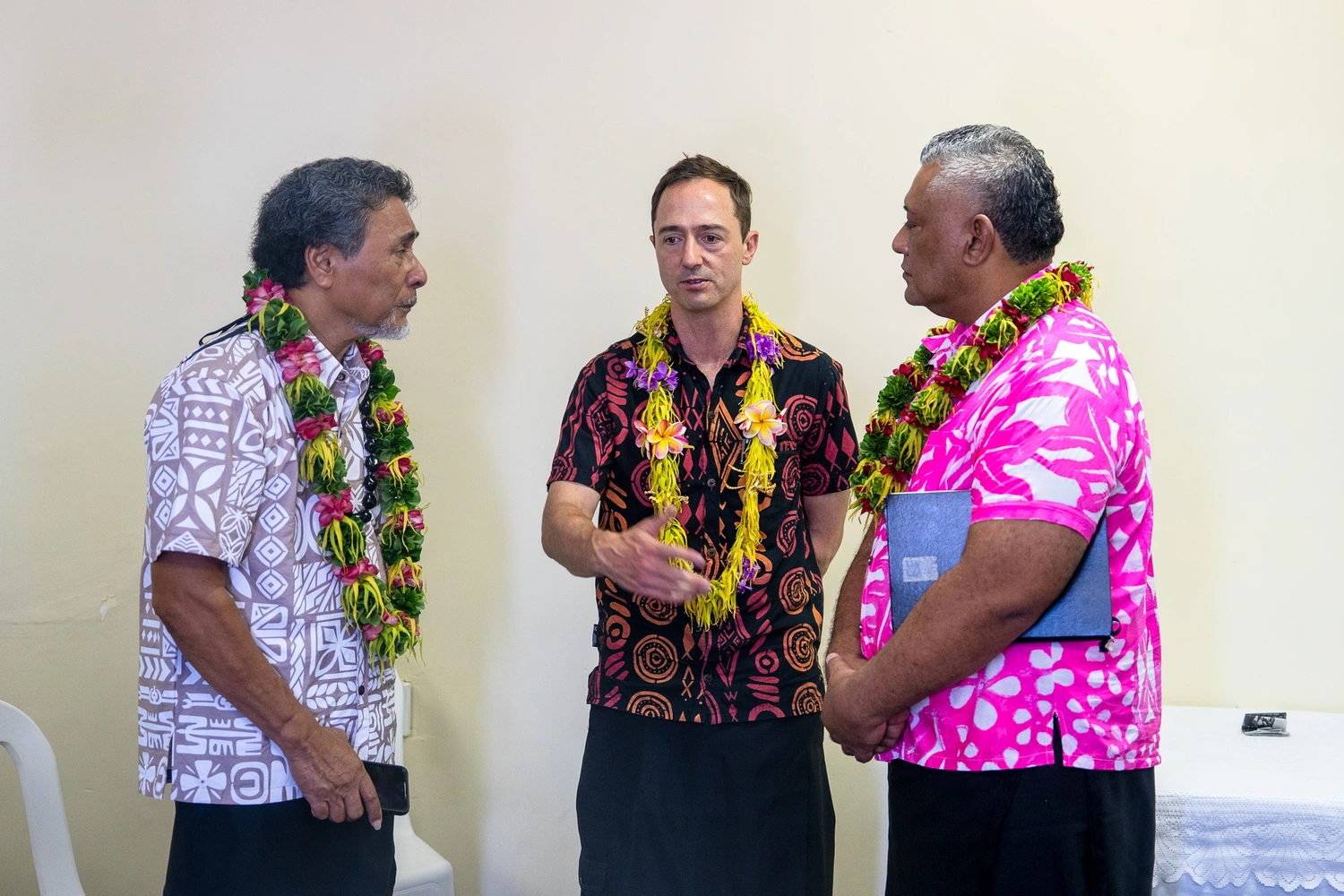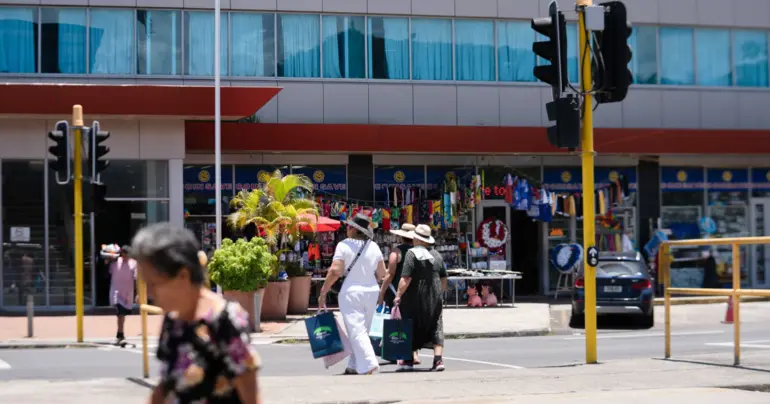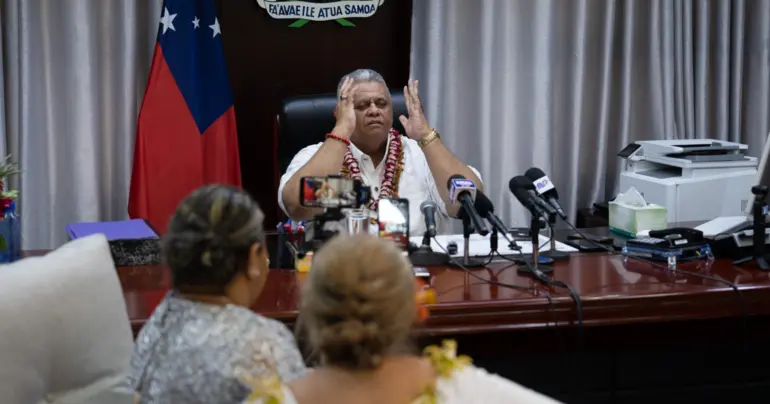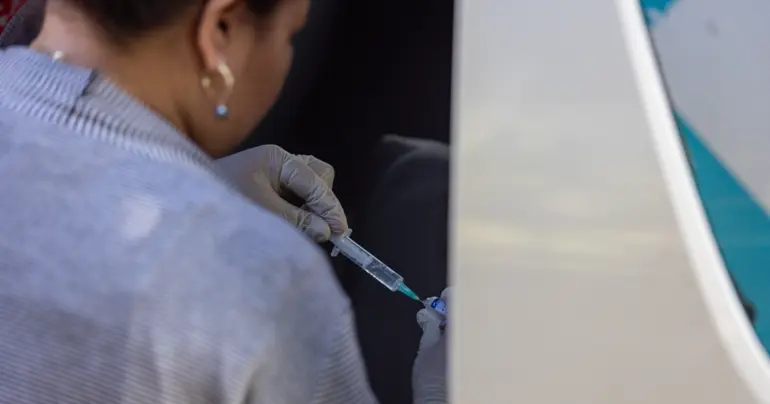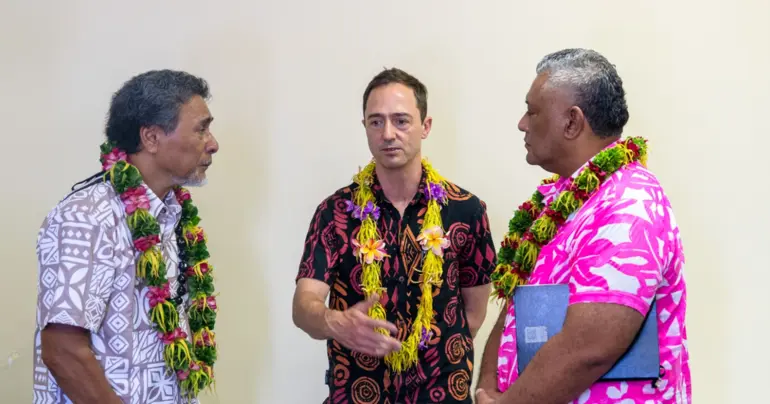Expectations of truth and the hard role of the watchdogs
Some good messages were uttered at the opening of the Journalist Association of Samoa’s new office in Saleufi. The nation was reminded of the need to hold the government accountable, the right to report without fear or favour, the need for ethics and the truth and breaking public trust.
The role of a watchdog is hard, as pointed out by the Australian High Commissioner Will Robinson. He also emphasised the right to report without fear or favour. One also has to agree with Finance Minister Mulipola Anarosa Molio’o-Ale. She is right that when truth is lost, every voice, including the media’s, loses its power.
Mulipola’s words ring true for journalists, and at the same time, it does for the government too. The people expect their elected governments to work for them honestly. The government is expected to answer the people truthfully and not with half-truths. The truth is what the media is after when they question the government. That cause will be greatly helped if there is an open channel for discussions. A free press is a truthful government talking to its people.
No nation can hope to develop democratically without the free expression, publication and distribution of ideas and opinions. Democratic societies only function sustainably when people are well informed, can access and share information freely and can debate ideas.
Free media, unfettered by government control, promotes a free exchange of views. Without a free press, there are no real democratic societies and no freedom. When this happens, it is the voice of the people that is stifled. The government is duty-bound to have an informed public. That does not happen without the truth. And when the truth is missing, every voice loses its power.
The work of the media becomes harder when accountability and transparency are almost nonexistent. Its absence can clearly be seen when doctored images of the leader of the nation are posted with no explanation forthcoming on why it was done. The leader has also not answered why he disregarded advice and protocol to hold meetings while on medical leave.
Truth, transparency and accountability are critical for the efficient functioning of this country. Powers are delegated to public authorities. Some assurance must then be provided to the delegators—that is, society at large—that this transfer of power is not only effective, but also not abused. Transparency ensures that information is available that can be used to measure the authorities' performance and to guard against any possible misuse of powers.
In that sense, transparency serves to achieve accountability, which means that authorities can be held responsible for their actions. Without transparency and accountability, trust will be lacking between a government and those whom it governs.
Congratulations to JAWS on its new office and funding from Australia to run its operations. This will allow the media organisation to support journalists who report without fear or favour and above all are impartial. For the media to perform its function not only as a watchdog but as the voice of its people, it needs to ensure that it is not aligned with any political parties and presents its views neutrally.
As the media strives for the truth, we hope that truth is the only response from authorities when asked for transparency and accountability.




